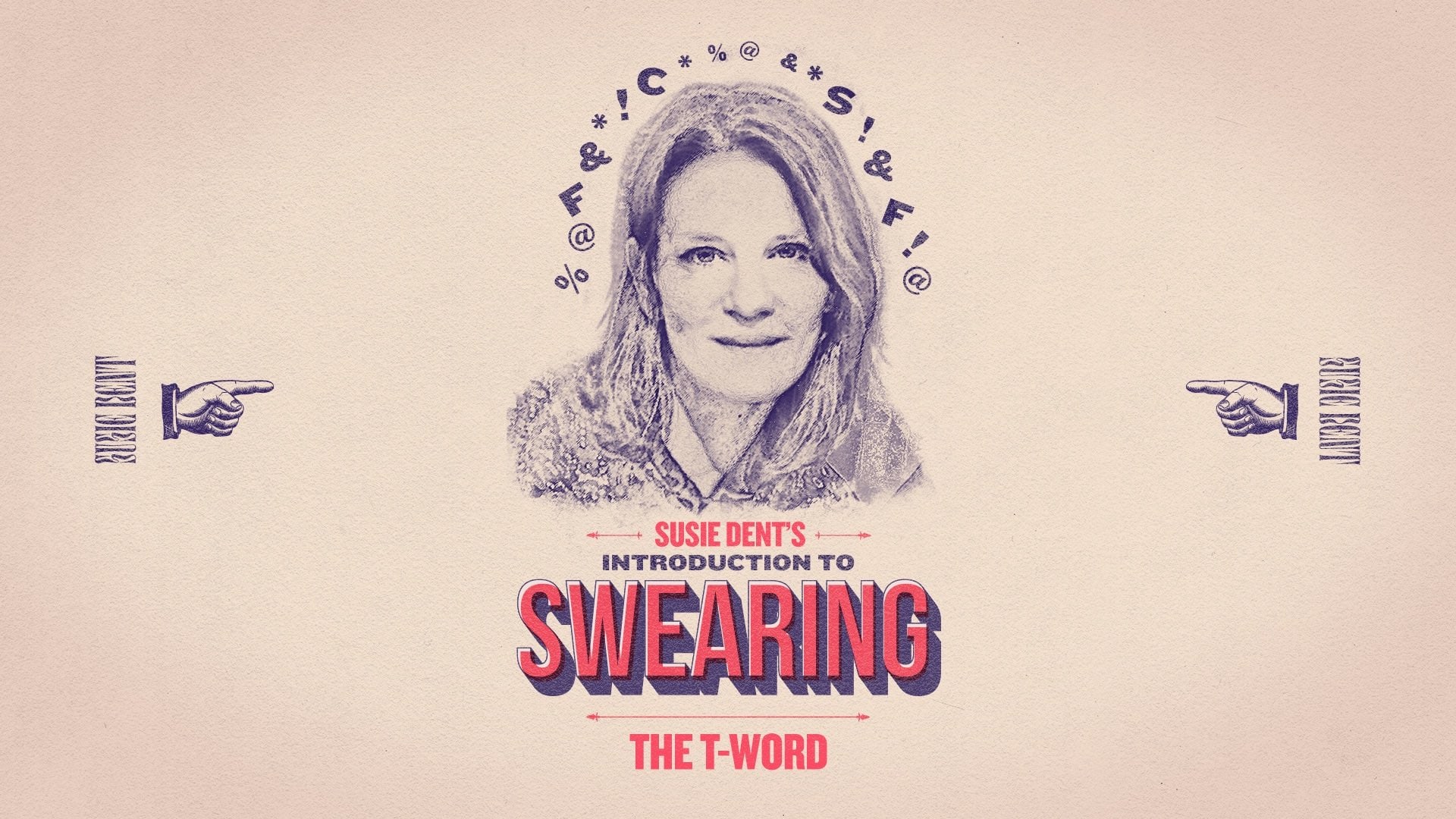
Susie Dent continues her guide to the stories behind swearwords. This time, it begins with the letter T…

‘Twat’ is a curious offering in the swearing smorgasbord in that we’ve never quite decided how ‘bad’ it is. Deemed inoffensive enough to feature in 12-certificate films, it’s still considered ‘strong language’ for TV and therefore unacceptable for family viewing – along with similar anatomical terms such as minge, pussy and the rather unfortunate ‘beef-curtains’.
From the outset, ‘twat’ could be used as a purely anatomical description. One of its earliest mentions is in a 17th-century collection of epigrams, which offers the curious ‘Give not male names..to such things as thine, But think thou hast two Twats ô wife of mine’.
A century later, the lexicographer Nathan Bailey included in his Universal Etymological English Dictionary the term ‘twat-scowerer: a Surgeon or Doctor’.
Things weren’t always quite so straightforward, however. Robert Browning added his own (erroneous) interpretation in his 1841 poem ‘Pippa Passes’, where he uses it to mean part of a nun’s habit: ‘Then, owls and bats, cowls and twats, Monks and nuns. Adjourn to the oak-stump pantry!’.

Browning seems to have misunderstood a poem from 200 years earlier: ‘They talkt of his having a Cardinalls hat; that they’d send him as soon an Old Nun’s twat’ (something that no one was ever likely to see).
By the 18th century, ‘twat’ was being used much more regularly in sexual contexts, where it settled in a slang sweet spot: softer than ‘cunt’, but stronger than ‘fanny’. And it was here that the word stayed until, in the early decades of the 20th century, it morphed into a term of abuse for a contemptible or obnoxious individual, becoming part of a long tradition of comparing people we don’t like to genitalia.
…becoming part of a long tradition of comparing people we don’t like to genitalia.
Just how offensive we want it to be is largely a matter of choice. Calling someone a twat can be a gentler, more comical alternative to declaring them a prick. On the other hand, it still carries enough offensive power that when the-then Conservative leader David Cameron stated on live radio that, “The trouble with Twitter is that too many twits might make a twat”, he dived straight into hot water.
Want more foul-mouthed indecency? You can find all of Susie Dent’s Introduction to Swearing here!
The mildest form of ‘twat’ is as a verb, where it is part of the vast lexicon for being drunk – ‘I got twatted last night’ – as well as a byword for hitting someone. In the US, this would be pronounced ‘twotted’, though here ‘twat’ is used primarily as a noun and as slang for the vagina.

In British English, however, ‘twat’ can occupy almost any part of speech we want it to. You can twat on, be a twatmaster, go twatting, be twatty and perhaps, if things get very bad, be called a ‘bagful of smacked twats’. Breaking one’s ‘twattling-strings’, in the 16th century, was to fart rather loudly.
Like ‘fuck’, the origins of ‘twat’ are elusive. One theory, as yet unproved, is that it derives from the Old English thwitan, meaning ‘to cut off’ – the idea being that a woman’s genitals are simply the amputated versions of those of a man. The leading slang lexicographer Jonathon Green has found a more plausible relationship with the dialect terms ‘twitchel’, meaning a narrow passage, and ‘twatch’, a gap in a hedge.
The Oxford English Dictionary adds another possibility, that the word may originate from syllables used in a refrain in songs. One particularly bawdy tune from 1602 has the chorus ‘Twittye twitty twatty foole’, which resulted in a 17th-century synonym for the vagina: ‘twit-twat’. (The idea is not as far-fetched as it sounds, given that the word ‘dildo’ also began as a pair of nonsense syllables in 16th-century songs, in the style of ‘hey diddle diddle’.)
Whatever its story, ‘twat’ is a multitasker in the swearing world. And sometimes, no other word will do – as the poet John Cooper Clarke will confirm:
What kind of creature bore you
Was it some kind of bat?
They can’t find a good word for you,
but I can… TWAT.

Twatt, Shetland
- Want to write for us? We’re looking for the best British arts and the people that make it, from Land’s End to John O’Groats. Have a look at our pitching guidelines.





16 Comments
I love these! Explaining our taboo words in Susie’s inimitable style is both informative and amusing. Keep going, Potty Mouth Dent???
Interesting.
My first visit and read of this funny and informative page… keep twatting us with these posts Susie
Susie Dent quoting John Cooper Clarke?
My life is complete.
@terrymulvey indeed! Mind blown
I loved this.
Twatt is on the Orkneys. Tiny, little place with only a Church of any significance.
This is great
There was an episode of Fawlty Towers (c. 1977) where the name in the opening credits was re-spelled as the anagram “Flowery Twats” – and it was broadcast on TV!
I see many swear words as acronyms. This one I use for ones who only work on Tuesday, Wednesday And Thursday.
“The twat is a wonderful creature,
All matted and covered with hair,
It looks like the face of a preacher,
And smells like the ass of a bear”
(Cheech and Chong)
I was once asked by a neighbouring couple at a restaurant if I was Welsh by the way I called my friend a Twat.
I am.
The word Twat was rumoured to mean pregnant fish in 1980s Mancunian school yards
@gazzwonga6044
That’s a twot…
@gazzwonga6044 Indeed, specifically a Goldfish in Sheffield schools at that time. It wasn’t in dictionaries, though, and was suspected bullshit.
TWATS now refers to people who work a hybrid week on only Tuesday, Wednesday And Thursday in the office.